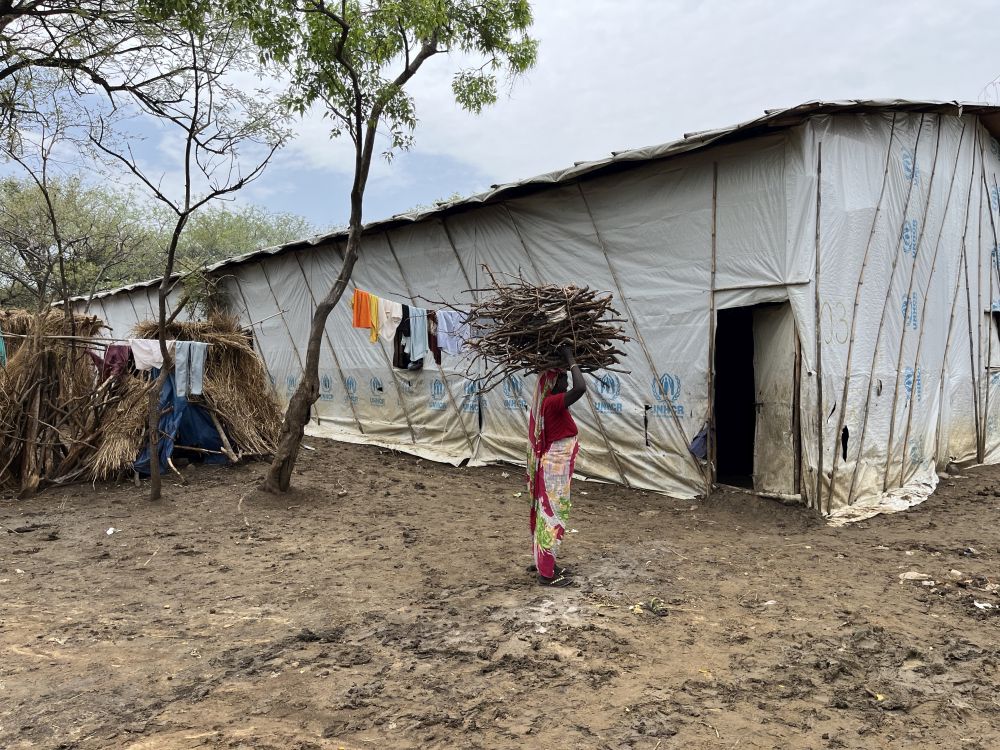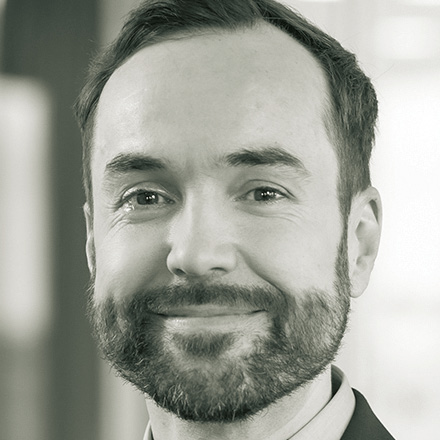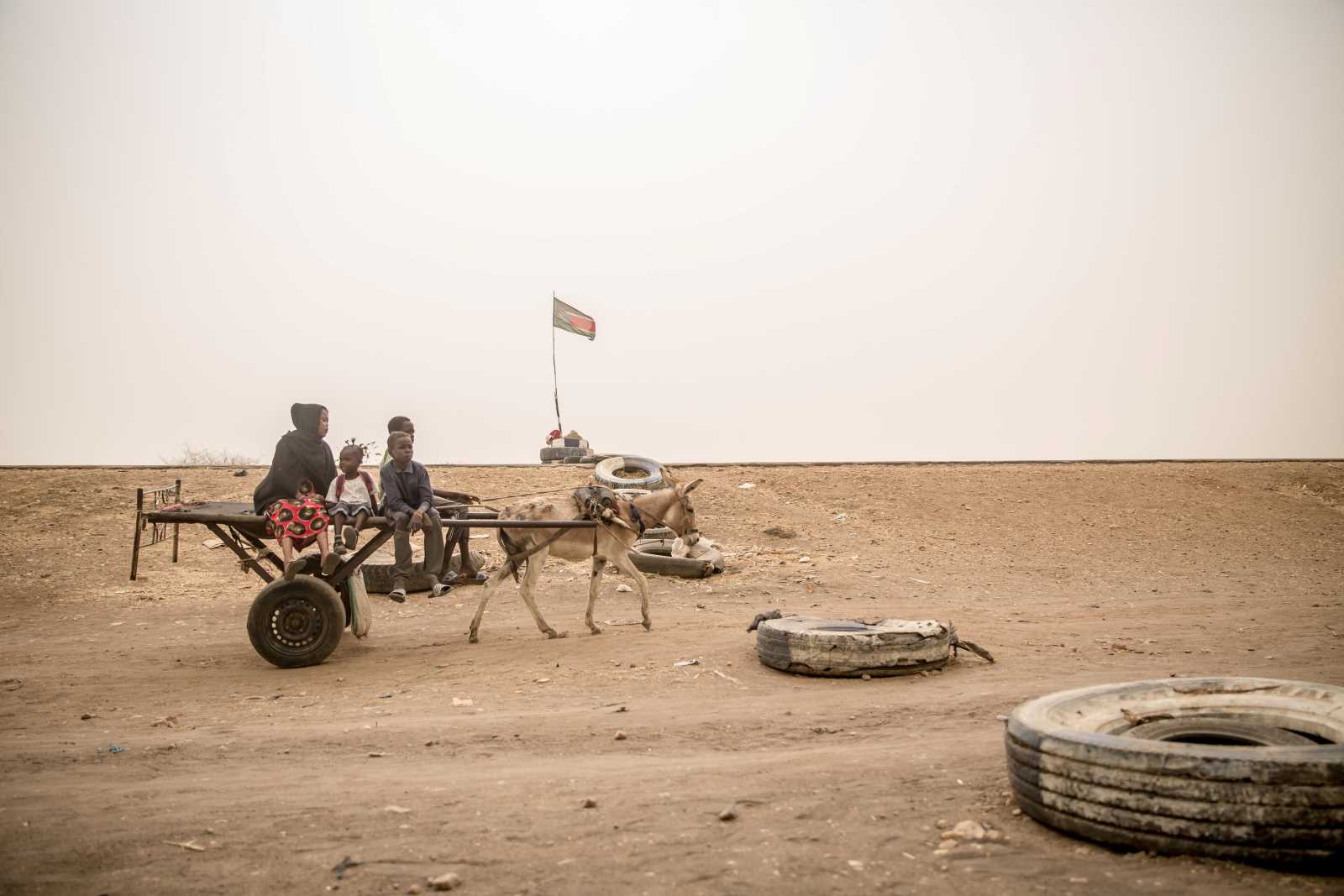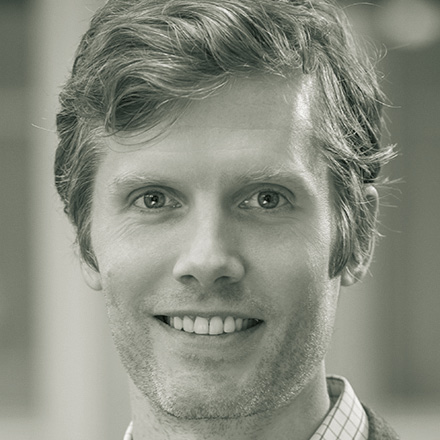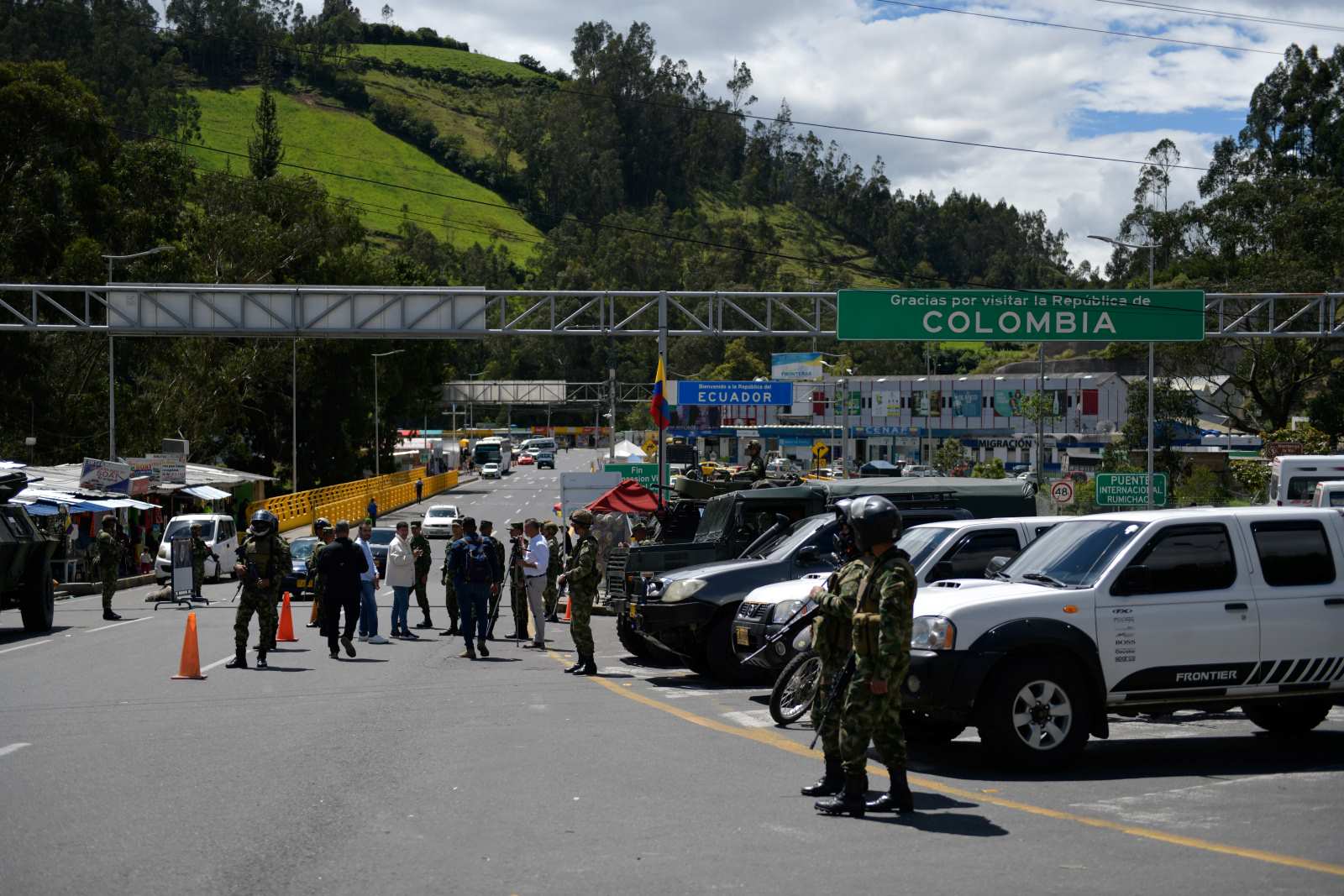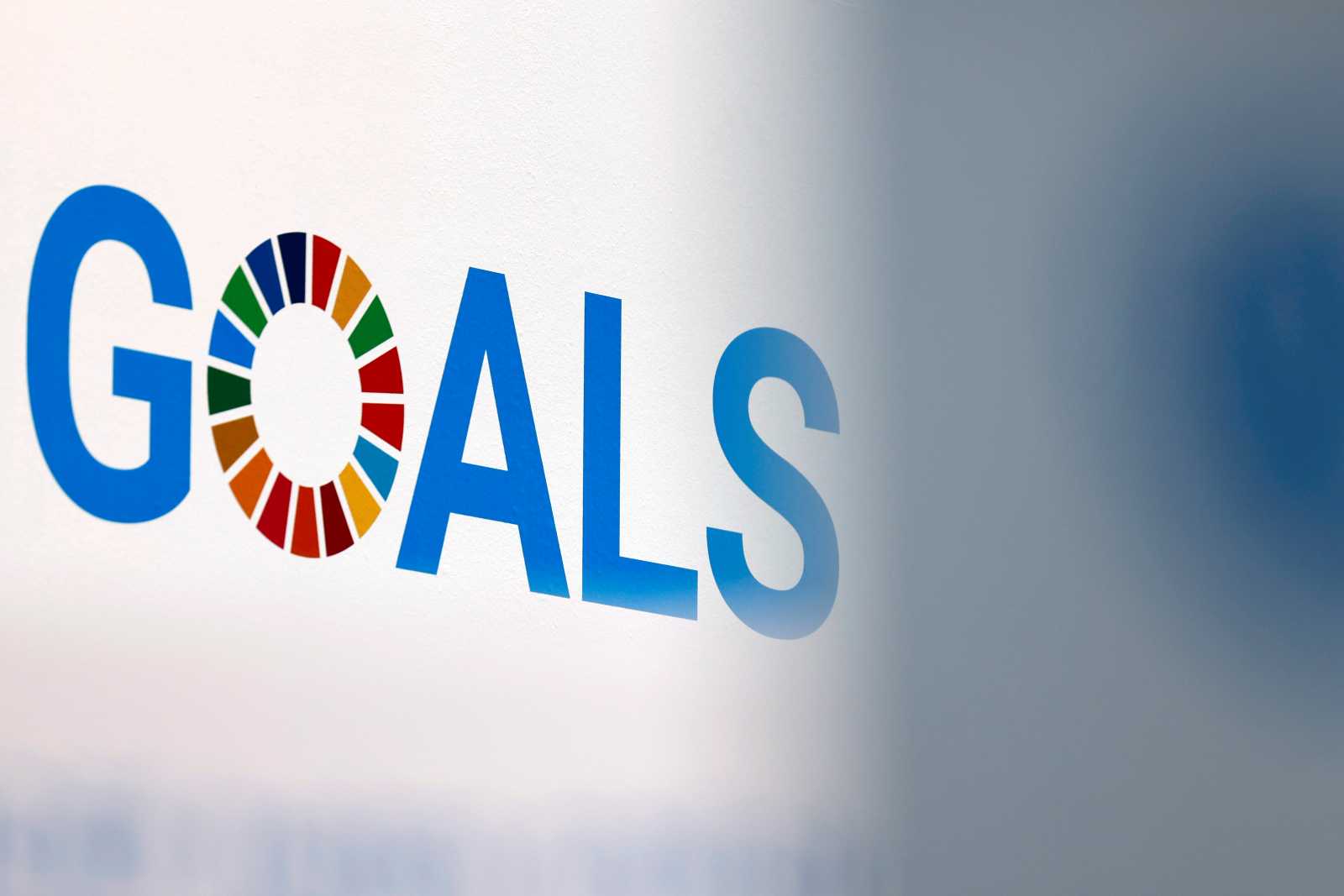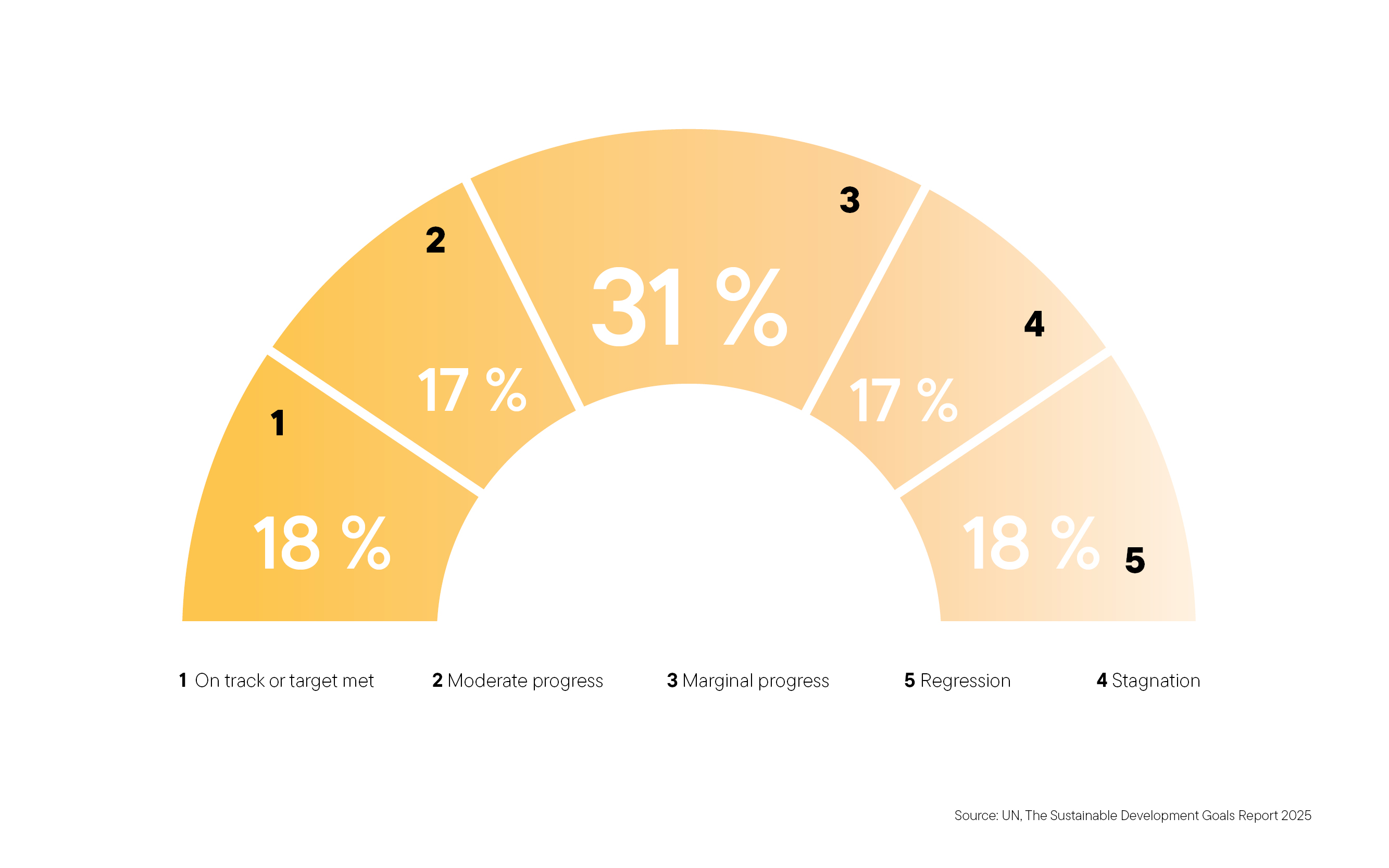Civil war
Anti-Muslim pogroms
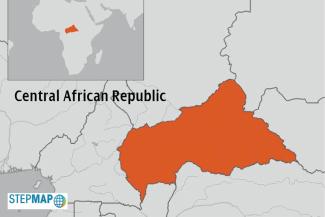
There are many reasons for the disaster in the CAR, and religion is not the most important one. Before the crisis, Christians and Muslims had been living peacefully side by side for decades. Desperate poverty is the main reason why people are now looking for – and finding – scapegoats. While the population has been growing, the country has hardly made progress on the Millennium Development Goals in recent years.
When large sections of the people cannot live the way they consider normal and appropriate, crimes against humanity become more likely. That was the case in the over-populated Europe of the Thirty Years war, that was the case when Germany’s Nazis made anti-Semitism one of their planks, and that was the case in Rwanda, where traditional ways of farming had reached their limits by 1984.
It is well known that the CAR is dirt poor. That things were coming to a head was evident in the turmoil of early 2013, when brutal rebels from the Muslim minority grabbed power. In the meantime, they have been hounded out of office. The international community did not manage to provide security in any meaningful way.
In the current turmoil, perpetrators claim to be taking revenge. Whoever does not belong to one’s own – predominantly Christian faith – is murdered. Rabid gangs are running wild, while organised militias seem a thing of the past. This cruel series of massacres will fuel Islamist paranoia all over the world, and it will help fundamentalist terrorists recruit fighters.
The territory of the CAR is twice the size of Germany. At most 5 million people live there. At the moment, it is next to impossible to assess how many of them have been killed and how many have been forced to flee. It is obvious, however, that the African and French peacekeepers in the CAR cannot provide safety in the entire country. The pogroms are beyond their control even in Bangui, the capital city. Amnesty International, an organisation not normally known for military leanings, demands stringent troop action. Obviously, there is a need for more peacekeepers for international mission to get a mere chance of enforcing some kind of order.
Several leading German politicians have recently said that Germany must assume more international responsibility, including President Joachim Gauck, Foreign Minister Frank-Walter Steinmeier and Defence Minister Ursula von der Leyen. Their arguments make sense from a developmental perspective. Broad-based prosperity cannot grow without security. Action speaks louder than words, however, so Germany’s international partners are more interested in what the Federal Government and the Parliament decide than what individual leaders say. The recent decision to boost German support for French troops in comparatively peaceful Mali by several dozen soldiers, so NATO partner France can step up its engagement in the CAR,was the least they had to come up with.

